Home>Fans, Heaters & Lighting>Why Does My Space Heater Keep Shutting Off?
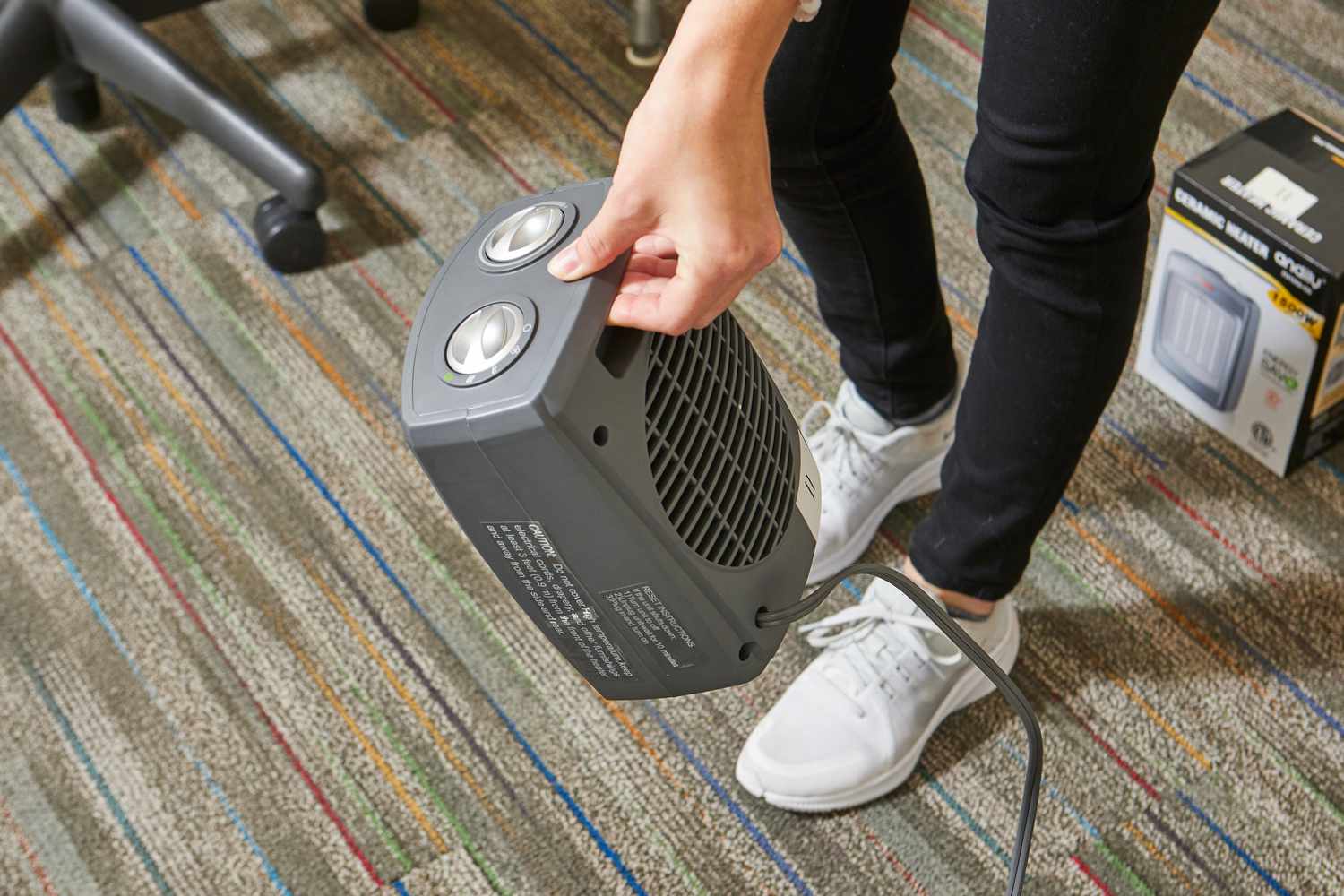

Fans, Heaters & Lighting
Why Does My Space Heater Keep Shutting Off?
Modified: October 19, 2024
Discover common reasons why your space heater keeps shutting off with our informative articles. Stay warm and troubleshoot the issue today!
(Many of the links in this article redirect to a specific reviewed product. Your purchase of these products through affiliate links helps to generate commission for Storables.com, at no extra cost. Learn more)
Introduction
Space heaters are a popular choice for providing supplemental heat in homes and offices. They are portable, convenient, and can quickly warm up a room. However, it can be frustrating when your space heater keeps shutting off unexpectedly. Understanding the reasons behind this issue is essential for finding a solution.
In this article, we will explore the common reasons why a space heater may shut off and provide troubleshooting tips to help you resolve the problem. By the end, you’ll have a better understanding of why your space heater is behaving this way and how to fix it.
Before delving into the potential causes, let’s briefly understand how space heaters work. These devices use electrical energy to generate heat, which is then dispersed into the surrounding area to raise the ambient temperature. Most space heaters use a heating element, such as a ceramic coil or metal resistor, which heats up when electricity passes through it.
Now, let’s dive into the possible reasons behind a space heater’s tendency to shut off unexpectedly.
Key Takeaways:
- Keep your space heater running smoothly by ensuring proper ventilation, cleaning filters, and addressing power supply issues. Troubleshoot with simple tips, but prioritize safety and consider professional help if needed.
- Understand thermostat settings, inspect components, and maintain proper clearance to prevent unexpected shut-offs. Follow troubleshooting tips, prioritize safety, and consider a replacement for older heaters.
Read more: Why Does My Dryer Keep Shutting Off
Understanding how space heaters work
To better understand why your space heater may be shutting off, it’s essential to grasp the basic mechanics of how these devices operate. Generally, space heaters work by converting electrical energy into heat energy using a heating element.
The most common types of heating elements found in space heaters include ceramic coils, metal resistors, or oil-filled radiators. When you power on the heater, the electrical current flows through the heating element, causing it to heat up.
Once the heating element reaches a certain temperature, it transfers the heat to the surrounding air through convection, radiation, or a combination of both. The heated air then circulates around the room, raising the ambient temperature and providing warmth.
Space heaters also feature safety mechanisms to prevent overheating and ensure user safety. These mechanisms include overheat protection and tip-over protection. If the heater detects that it is getting too hot or has been knocked over, it will automatically shut off to avoid potential hazards.
Additionally, many space heaters come equipped with a thermostat that allows users to set a desired temperature. The thermostat monitors the current temperature and signals the heater to turn on or off to maintain the desired level of warmth.
Now that you have a basic understanding of how space heaters work, let’s explore the common reasons why they may shut off unexpectedly.
Common reasons for a space heater shutting off
There are several factors that can cause a space heater to shut off unexpectedly. Understanding these common reasons can help you identify and resolve the issue. Here are some possible explanations:
- Overheating protection: One of the most common reasons for a space heater to shut off is overheating. To prevent damage or fire hazards, many space heaters are equipped with automatic shut-off mechanisms that activate when the internal temperature exceeds a certain threshold. This can occur if the heater is covered, placed too close to combustible materials, or if the airflow is restricted.
- Tip-over protection: Space heaters are designed with safety in mind, and many models feature tip-over protection. If the heater is accidentally knocked over, a built-in sensor triggers the shut-off mechanism as a safety precaution. This is particularly important if you have pets or young children in your home.
- Thermostat settings: Incorrect thermostat settings can also cause a space heater to shut off unexpectedly. If the thermostat is set too low, the heater may reach the desired temperature and turn off. Conversely, if the thermostat is set too high, the heater may cycle on and off to maintain the set temperature.
- Power supply issues: Insufficient power supply or voltage fluctuations can cause a space heater to shut off. If the heater is drawing more power than the circuit can handle, it may trip the circuit breaker or blow a fuse, resulting in the heater shutting off.
- Dirty or clogged filters: Many space heaters feature filters to prevent dust and debris from entering the unit. Over time, these filters can become dirty or clogged, restricting airflow and causing the heater to overheat. Regularly cleaning or replacing the filters can help prevent this issue.
- Faulty or damaged components: Like any electrical device, space heaters can experience component failures. Malfunctioning parts, such as the thermostat, heating element, or internal sensors, can cause the heater to shut off unexpectedly. In these cases, professional repair or replacement may be necessary.
- Insufficient ventilation: Adequate airflow is crucial for proper operation of a space heater. If the heater is placed in a confined or poorly ventilated area, it may overheat and shut off. Ensure that there is ample space around the heater to allow for proper air circulation.
These are some of the common reasons why your space heater may be shutting off unexpectedly. In the next section, we will provide troubleshooting tips to help you address these issues and keep your space heater running smoothly.
Overheating protection
Overheating protection is a crucial safety feature incorporated into most space heaters. It is designed to prevent the heater from reaching dangerous temperatures that could lead to fire hazards or damage to the unit. When the internal temperature of the heater exceeds a certain threshold, the automatic shut-off mechanism is triggered, causing the heater to turn off.
There are several factors that can cause a space heater to overheat:
- Restricted airflow: Blocked vents or a buildup of dust and debris can limit the airflow around the heater, leading to overheating. It is important to regularly clean the vents and ensure that the heater has proper airflow.
- Obstructed placement: Placing the heater too close to walls, curtains, furniture, or other objects can restrict the airflow, causing the unit to overheat. It is recommended to leave a clearance of at least three feet around the heater.
- Covered heater: Using a cover or placing objects on top of the heater can trap heat and prevent it from dissipating properly. This can result in overheating and the automatic shut-off being activated.
- Excessive use: Continuous operation of the heater for extended periods without a break can cause it to overheat. It is recommended to give the heater periodic rest intervals to prevent overheating.
- Malfunctioning thermostat: A faulty thermostat can cause the heater to run continuously, leading to overheating. If you suspect that the thermostat is not functioning properly, consider having it inspected or replacing it.
To prevent overheating and ensure the proper functioning of your space heater, follow these tips:
- Keep the vents and filters clean by regularly vacuuming or wiping them with a soft cloth.
- Place the heater in an open area where there is sufficient airflow and avoid obstructing it with objects.
- Avoid covering the heater or placing anything on top of it.
- Follow the manufacturer’s instructions regarding recommended usage time and rest intervals.
- If you suspect a malfunctioning thermostat, contact the manufacturer or a professional technician for assistance.
By understanding and addressing the causes of overheating, you can keep your space heater operating safely and avoid unnecessary shut-offs.
Tip-over protection
Tip-over protection is an important safety feature found in many space heaters. It is designed to automatically shut off the heater if it is accidentally knocked over or tilted beyond a certain angle. This safety mechanism helps prevent potential fire hazards and injuries that may occur if a heater continues to operate while not in an upright position.
Here’s how tip-over protection works:
- Tip-over switch: The space heater is equipped with a switch or sensor that detects changes in its position. When the heater is tilted beyond a specified angle, the tip-over switch is triggered, and it interrupts the flow of electricity to the heating element, causing the heater to shut off.
- Resetting the switch: Once the tip-over switch has been activated and the heater shuts off, it may need to be manually reset before it can operate again. This adds an extra layer of safety to ensure that the heater is used properly and in an upright position.
To make the most of the tip-over protection feature and ensure safe operation of your space heater, consider the following tips:
- Proper placement: Ensure that the space heater is positioned on a stable and flat surface. Avoid placing it on uneven or slippery surfaces where it may be more prone to tipping over.
- Keep away from traffic areas: Place the heater in an area where there is minimal foot traffic to reduce the risk of accidental bumps or knocks that could trigger the tip-over switch.
- Keep out of reach of children and pets: Children and pets may inadvertently knock over a space heater while playing or exploring. Position the heater in an area that is inaccessible or supervised when children or pets are around.
- Avoid using on unstable surfaces: Avoid placing the heater on elevated or wobbly surfaces, such as tables or chairs, as they can easily tip over and potentially cause accidents.
- Check for damage: Regularly inspect the space heater for any signs of damage or wear on the tip-over switch or other safety features. If you notice any issues, discontinue use and contact the manufacturer for repairs or replacement.
By following these tips and understanding how tip-over protection works, you can enjoy the warmth of your space heater with peace of mind, knowing that it will automatically shut off if accidentally knocked over.
Read more: Why Does My Leaf Blower Keep Shutting Off
Thermostat settings
The thermostat is a crucial component of a space heater as it allows users to set and maintain their desired temperature. However, incorrect thermostat settings can cause the heater to shut off unexpectedly. Understanding how thermostat settings work and adjusting them properly can help ensure optimal heating without interruptions.
Here are some factors to consider regarding thermostat settings:
- Temperature selection: When using a space heater with a thermostat, you need to select the desired temperature. If you set the thermostat too low, the heater may reach that temperature quickly and shut off. On the other hand, if you set it too high, the heater may constantly cycle on and off to maintain that temperature.
- Thermostat accuracy: Some space heaters may have a thermostat that is less accurate, leading to temperature fluctuations. It’s important to understand the accuracy of your heater’s thermostat and make slight adjustments as needed to maintain a comfortable temperature.
- Location of the thermostat: The placement of the thermostat on the heater can affect its accuracy. Ensure that the thermostat is not obstructed by any objects or covered by curtains, as this can interfere with its ability to measure the ambient temperature accurately.
- External temperature: The external temperature in the room can also impact how often the heater runs and shuts off. If the room is already warm, the heater may turn off more frequently, even if the thermostat is set to a higher temperature.
- Proper calibration: If you suspect that the thermostat is not functioning correctly or is not calibrated accurately, refer to the manufacturer’s instructions for troubleshooting or consider contacting their customer support for further assistance.
To ensure your space heater’s thermostat settings are optimized, consider the following tips:
- Choose a reasonable temperature: Select a temperature that provides the desired level of warmth without overheating the room.
- Experiment with thermostat settings: Make slight adjustments to the thermostat to find the most comfortable and efficient temperature for your space.
- Place the heater strategically: Position the heater in an area that represents the average temperature in the room, away from any direct heat sources or cool drafts that could affect the thermostat readings.
- Supplement with other heating sources: If you find that the space heater is not maintaining a comfortable temperature alone, consider using it in conjunction with other heating sources, such as central heating or blankets, to reduce the strain on the heater and prevent frequent shut-offs.
By understanding and adjusting your space heater’s thermostat settings, you can create a comfortable and consistent heating experience while minimizing unexpected shut-offs.
Check for any obstructions around the heater that may be causing it to overheat and shut off. Make sure the heater is placed on a level surface and not near any flammable materials. If the problem persists, have it inspected by a professional.
Power supply issues
Power supply issues can be a common cause for a space heater to shut off unexpectedly. Insufficient power or voltage fluctuations can trigger safety mechanisms in the heater, causing it to shut down. Understanding and addressing power supply issues can help ensure uninterrupted and efficient operation of your space heater.
Here are some factors to consider regarding power supply issues:
- Inadequate power capacity: Space heaters typically require a significant amount of power to operate. If the heater is plugged into a circuit that cannot handle the power load, it may cause the circuit breaker to trip or the fuse to blow, resulting in the heater shutting off. Ensure that the circuit you are using can handle the wattage of the heater.
- Shared circuits: If the space heater is sharing the circuit with other high-power-consuming appliances, such as refrigerators or air conditioners, it can cause the circuit to overload and trip. Consider using the space heater on a dedicated circuit to avoid such issues.
- Poor electrical connections: Loose or faulty electrical connections can disrupt the power supply to the heater, causing it to shut off. Make sure the power cord is securely plugged into a functioning outlet and inspect the cord for any damage or frayed wires.
- Power fluctuations: Voltage fluctuations, such as surges or drops, can affect the performance of the space heater. Install voltage stabilizers or surge protectors to regulate and protect the power supply to the heater from sudden changes in voltage.
- Faulty circuit breaker or fuse: If the circuit breaker keeps tripping or the fuse keeps blowing when you use the space heater, it may indicate an issue with the electrical system in your home. Contact a qualified electrician to inspect and address any faulty components.
To mitigate power supply issues and prevent the space heater from shutting off unexpectedly, follow these tips:
- Use a dedicated circuit: If possible, plug the space heater into a dedicated circuit to ensure it has sufficient power and to prevent overloading the circuit.
- Check electrical connections: Ensure that the power cord is securely plugged into a properly functioning outlet and examine the cord for any signs of damage. If necessary, replace the cord or consult a professional electrician for assistance.
- Consider a voltage stabilizer or surge protector: Install a voltage stabilizer or surge protector to protect the space heater from power fluctuations and ensure a stable power supply.
- Seek professional assistance: If you continue to experience power supply issues or frequent breaker tripping, it is recommended to consult a qualified electrician to diagnose and address any underlying electrical problems in your home.
By addressing power supply issues, you can help ensure that your space heater receives the necessary power to operate efficiently, reducing the likelihood of unexpected shut-offs.
Dirty or clogged filters
Dirty or clogged filters can be another common reason why a space heater may shut off unexpectedly. Most space heaters are equipped with filters that help prevent dust, dirt, and other debris from entering the unit. Over time, these filters can become dirty or clogged, hindering the airflow and causing the heater to overheat.
Here are some factors to consider regarding dirty or clogged filters:
- Restricted airflow: When the filter becomes dirty or clogged, it restricts the airflow into the space heater, impeding the proper circulation of air. This can cause the heater to overheat, triggering the automatic shut-off mechanism.
- Reduced efficiency: A dirty or clogged filter can decrease the efficiency of the space heater. When the airflow is hindered, the heater may struggle to reach and maintain the desired temperature, resulting in frequent cycling and shut-offs.
- Dust and allergen accumulation: A dirty filter can also lead to the buildup of dust, allergens, and other particles in the heater. When these contaminants accumulate, they can further impede the airflow and decrease the heater’s performance.
- Recommended cleaning or replacement: Manufacturers usually provide guidelines on when and how to clean or replace the filters in their space heaters. It is essential to follow these recommendations to maintain proper airflow and prevent overheating.
To prevent issues related to dirty or clogged filters and ensure the smooth operation of your space heater, consider the following tips:
- Regular maintenance: Check the manufacturer’s instructions for the recommended maintenance schedule for your space heater’s filter. Clean or replace the filter accordingly to prevent dust and debris buildup.
- Cleaning the filter: If the filter is washable, carefully remove it and rinse it under running water. Allow it to dry completely before reinserting it into the space heater. Follow the manufacturer’s instructions for proper cleaning techniques.
- Replacing the filter: If the filter is not washable or has reached the end of its lifespan, replace it with a new one. Most filters are readily available from the manufacturer or authorized retailers.
- Regularly dusting and vacuuming: In addition to cleaning the filter, it is important to maintain a clean environment around the space heater. Dust and vacuum the area regularly to minimize the amount of dust and debris that can accumulate in the heater.
By regularly cleaning or replacing the filters in your space heater, you can ensure proper airflow, prevent overheating, and avoid unexpected shut-offs.
Faulty or damaged components
Faulty or damaged components can also contribute to a space heater shutting off unexpectedly. Over time, certain parts of the heater may wear out, become damaged, or malfunction, causing the heater to cease operation for safety reasons.
Here are some factors to consider regarding faulty or damaged components:
- Thermostat malfunction: If the thermostat is not functioning correctly, it may send incorrect temperature readings to the heater, causing it to shut off prematurely or not turn on at all. A malfunctioning thermostat may require repair or replacement.
- Heating element issues: The heating element is responsible for generating heat in the space heater. If it becomes damaged or develops a fault, it can result in the heater shutting off unexpectedly. A professional technician may need to inspect and replace the heating element if necessary.
- Internal sensors: Space heaters often have built-in sensors that detect factors like temperature, airflow, and voltage levels. If these sensors are faulty or damaged, they may trigger the automatic shut-off mechanism, even when there is no actual danger. Replacing the faulty sensors may resolve the issue.
- Wiring problems: Over time, the wiring in a space heater may become loose, frayed, or damaged due to wear and tear. Faulty wiring can interfere with the proper functioning of the heater, causing it to shut off. In such cases, it is advisable to consult a professional technician for repair.
- Electronic control board: Some space heaters have electronic control boards that manage various functions and settings. If the control board becomes defective or damaged, it can disrupt the heater’s operation and lead to unexpected shut-offs. Repair or replacement of the control board may be necessary.
- Age and wear: Over time, general wear and tear can impact the overall performance of the space heater. Components may degrade or malfunction as the heater ages, leading to frequent shut-offs. In such cases, it may be more cost-effective to replace the heater entirely.
If you suspect that your space heater is experiencing issues with faulty or damaged components, consider the following tips:
- Consult the manufacturer: Reach out to the manufacturer’s customer support or consult the user manual for guidance on troubleshooting and repairing specific component-related issues.
- Professional repair: For complex component repairs, it is advisable to seek the assistance of a professional technician who is experienced in handling space heater repairs. They can diagnose and repair or replace the faulty components.
- Consider replacement: If the cost of repair or the extent of the damage to the components is significant, it may be more practical to replace the space heater, especially if it is older or nearing the end of its lifespan.
By addressing faulty or damaged components promptly and seeking the necessary repairs, you can prevent unexpected shut-offs and potentially extend the lifespan of your space heater.
Read more: Why Does My Ryobi Mower Keep Shutting Off
Insufficient ventilation
Insufficient ventilation is a potential factor that can lead to a space heater shutting off unexpectedly. Proper airflow is crucial for the safe and efficient operation of a space heater. If the heater is placed in an area with limited ventilation, it can overheat and trigger the automatic shut-off mechanism as a safety precaution.
Here are some factors to consider regarding insufficient ventilation:
- Confined spaces: Placing a space heater in a small, enclosed space, such as a closet or under a desk, can restrict the necessary airflow for proper cooling. The lack of ventilation can cause the heater to overheat and shut off.
- Obstructed vents: Obstructed vents can impede the airflow of the space heater, causing it to overheat. Ensure that the vents on the heater are clear of any obstructions, such as furniture, curtains, or other objects.
- Poorly ventilated rooms: In rooms with inadequate ventilation, the heated air from the space heater can become stagnant, resulting in an accumulation of heat and reduced airflow. This can lead to overheating and automatic shut-off of the heater.
- High humidity environments: Operating a space heater in a high humidity environment, such as a bathroom, can cause moisture to accumulate inside the heater. This moisture can hinder the proper functioning of the heater and potentially lead to unexpected shut-offs.
- Insufficient space around the heater: Placing the space heater in a congested area or in close proximity to walls, furniture, or other objects can restrict the airflow and cause the heater to overheat. Ensure that there is ample space around the heater for proper ventilation.
To ensure proper ventilation and prevent unexpected shut-offs due to insufficient airflow, consider the following tips:
- Allow for adequate clearance: Follow the manufacturer’s instructions for the recommended clearance around the space heater. Leave enough space for proper airflow and ensure that the vents are not obstructed by any objects.
- Choose an open area: Place the space heater in a well-ventilated room with adequate fresh air circulation. Avoid confined spaces or rooms with poor air circulation.
- Use a fan: If the room lacks proper ventilation, consider using a fan to improve the airflow and assist in distributing the heated air evenly throughout the space.
- Control humidity levels: In high humidity environments, use a dehumidifier or ensure proper ventilation to minimize moisture accumulation within the space heater.
- Regularly clean the vents: Keep the vents of the space heater clean and free from dust, lint, or other debris that can impede the airflow. Vacuum or gently wipe the vents periodically to maintain optimal ventilation.
By ensuring sufficient ventilation for your space heater, you can enhance its performance, prevent overheating, and minimize the likelihood of unexpected shut-offs.
Troubleshooting tips for a constantly shutting off space heater
If your space heater continues to shut off frequently and you want to avoid the inconvenience of interrupted heating, there are several troubleshooting tips you can try:
- Check the power supply: Ensure that the space heater is plugged into a functioning outlet and that the circuit breaker or fuse is not tripped or blown. If the power supply is unreliable, it can cause the heater to shut off intermittently.
- Inspect and clean the heater: Dust, dirt, and debris can accumulate inside the space heater, obstructing the airflow and causing overheating. Turn off and unplug the heater, then carefully clean it, paying close attention to the vents, filters, and other accessible areas. Remove any obstructions and ensure proper airflow.
- Check the thermostat settings: Verify that the thermostat of the heater is set to the desired temperature. Make slight adjustments to the settings to see if it affects the frequency of shut-offs. Additionally, ensure that the thermostat is not obstructed by objects or affected by external heat sources.
- Inspect for loose connections: Check the power cord and other electrical connections to ensure they are securely connected. A loose connection can interrupt the power supply and cause the heater to shut off unexpectedly.
- Examine the heating element: Inspect the heating element for any signs of damage or malfunction. If the element appears broken or faulty, it may need to be repaired or replaced by a professional technician.
- Reset the heater: Some space heaters have a reset button or a thermal overload switch that can be manually reset. Refer to the manufacturer’s instructions to locate and reset these features if necessary.
- Consider the environment: Evaluate the placement of the space heater. Ensure it is positioned in an open area with sufficient clearance, free from obstructions and flammable materials. Avoid placing it in damp or humid environments that may affect its performance.
- Follow proper usage guidelines: Review the manufacturer’s instructions for the recommended usage time and rest intervals. Continuous operation without breaks can cause the heater to overheat, leading to frequent shut-offs.
- Seek professional assistance if needed: If the troubleshooting tips mentioned above do not resolve the issue, it may be necessary to seek help from a professional technician. They can inspect and diagnose any underlying problems with the heater’s components and provide the necessary repairs or replacements.
It’s important to note that space heaters, like any electrical device, can degrade over time. If your heater is older or frequently shuts off despite troubleshooting attempts, it may be worth considering a replacement with a newer, more efficient model.
Remember, safety should always be a priority when using space heaters. If there is a persistent issue or concern regarding the operation of your space heater, it is recommended to consult the manufacturer or a professional technician for guidance and assistance.
Conclusion
Dealing with a space heater that constantly shuts off can be frustrating, but by understanding the common reasons behind this issue, you can take the necessary steps to resolve it. In this article, we explored the primary culprits that can cause a space heater to shut off unexpectedly and provided troubleshooting tips to help you address these problems.
We discussed the importance of proper ventilation, as insufficient airflow can lead to overheating and automatic shut-offs. We also highlighted the significance of maintaining clean filters to prevent dust and debris from impeding the heater’s performance. Power supply issues, such as inadequate capacity or voltage fluctuations, were identified as potential causes, emphasizing the need for correct electrical connections and using dedicated circuits when necessary.
We also delved into the impact of faulty or damaged components, including the thermostat, heating element, and sensors, which can disrupt the heater’s operation and result in frequent shut-offs. Insufficient clearance for the heater and improper thermostat settings were recognized as additional factors that may contribute to this issue.
To troubleshoot a constantly shutting off space heater, we provided practical tips such as checking the power supply, cleaning the heater, inspecting for loose connections, and following proper usage guidelines. If needed, consulting with a professional technician was encouraged for thorough inspection and potential repairs.
It’s important to prioritize safety when using space heaters. Regular maintenance, adherence to manufacturer’s guidelines, and proper placement can help ensure the safe and efficient operation of your space heater.
In conclusion, by understanding the factors that can cause a space heater to shut off unexpectedly and implementing the troubleshooting tips provided, you can improve the performance and reliability of your space heater. Stay warm and comfortable while enjoying uninterrupted heating in your living or working space.
Frequently Asked Questions about Why Does My Space Heater Keep Shutting Off?
Was this page helpful?
At Storables.com, we guarantee accurate and reliable information. Our content, validated by Expert Board Contributors, is crafted following stringent Editorial Policies. We're committed to providing you with well-researched, expert-backed insights for all your informational needs.
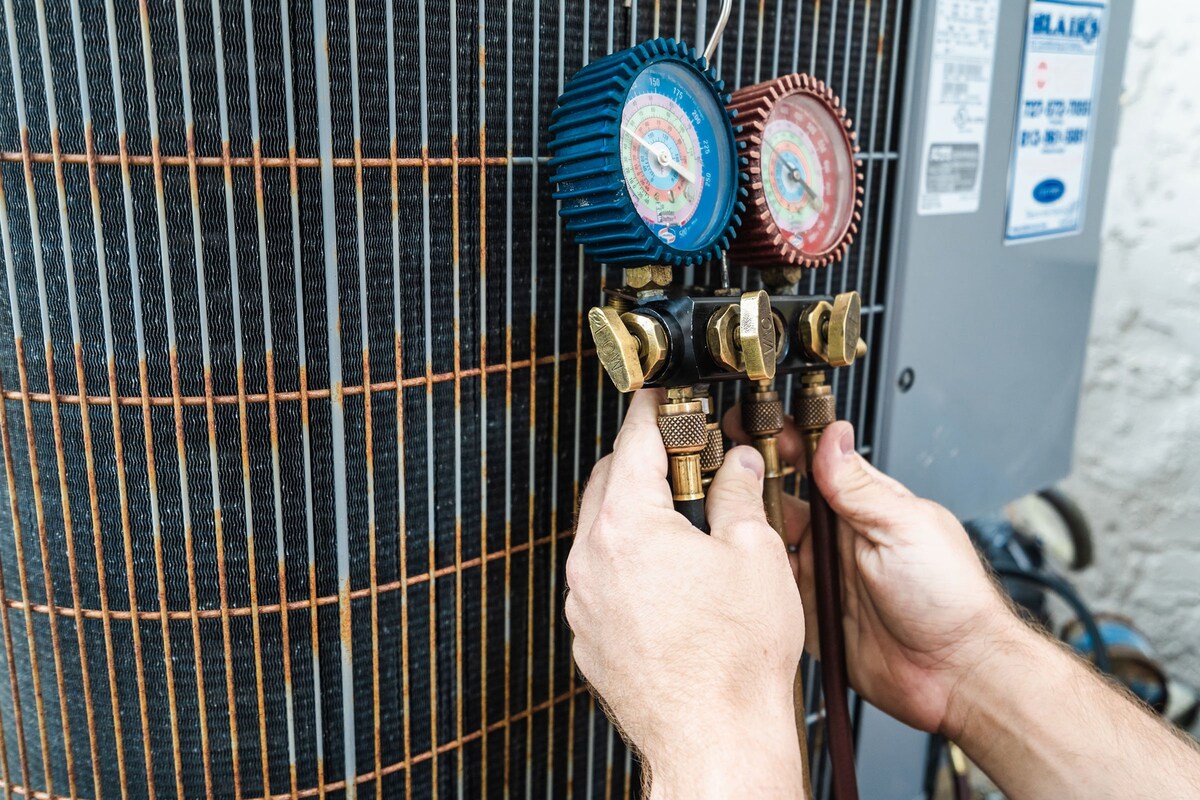
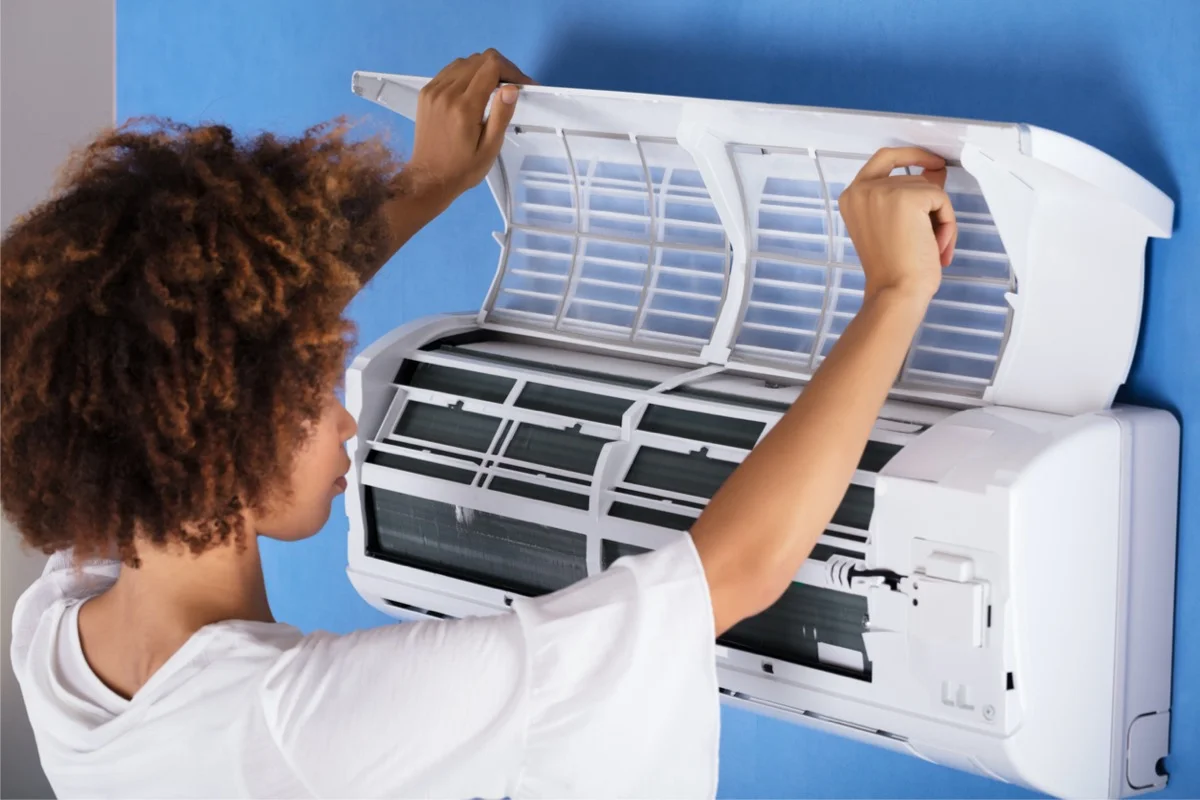
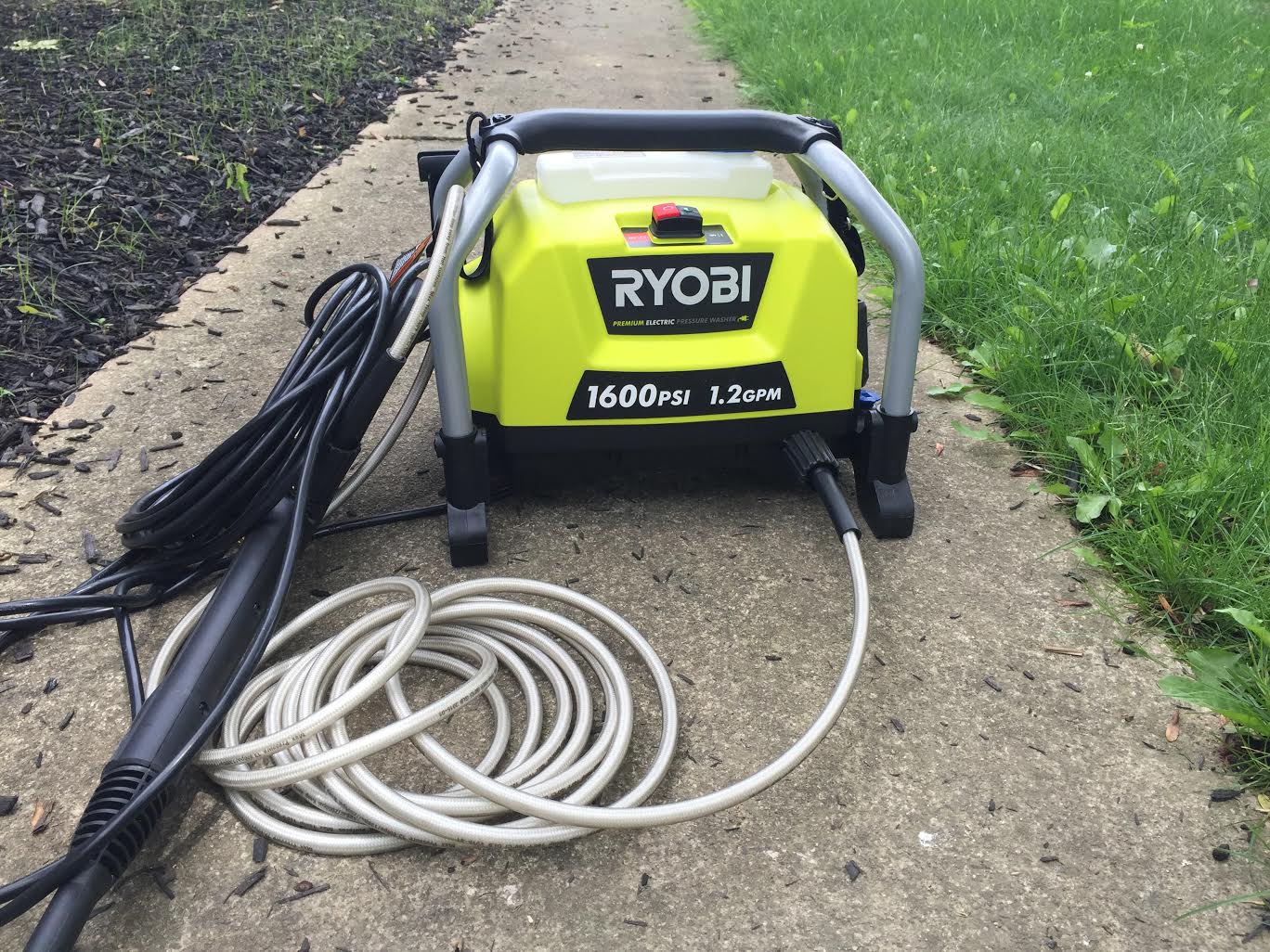
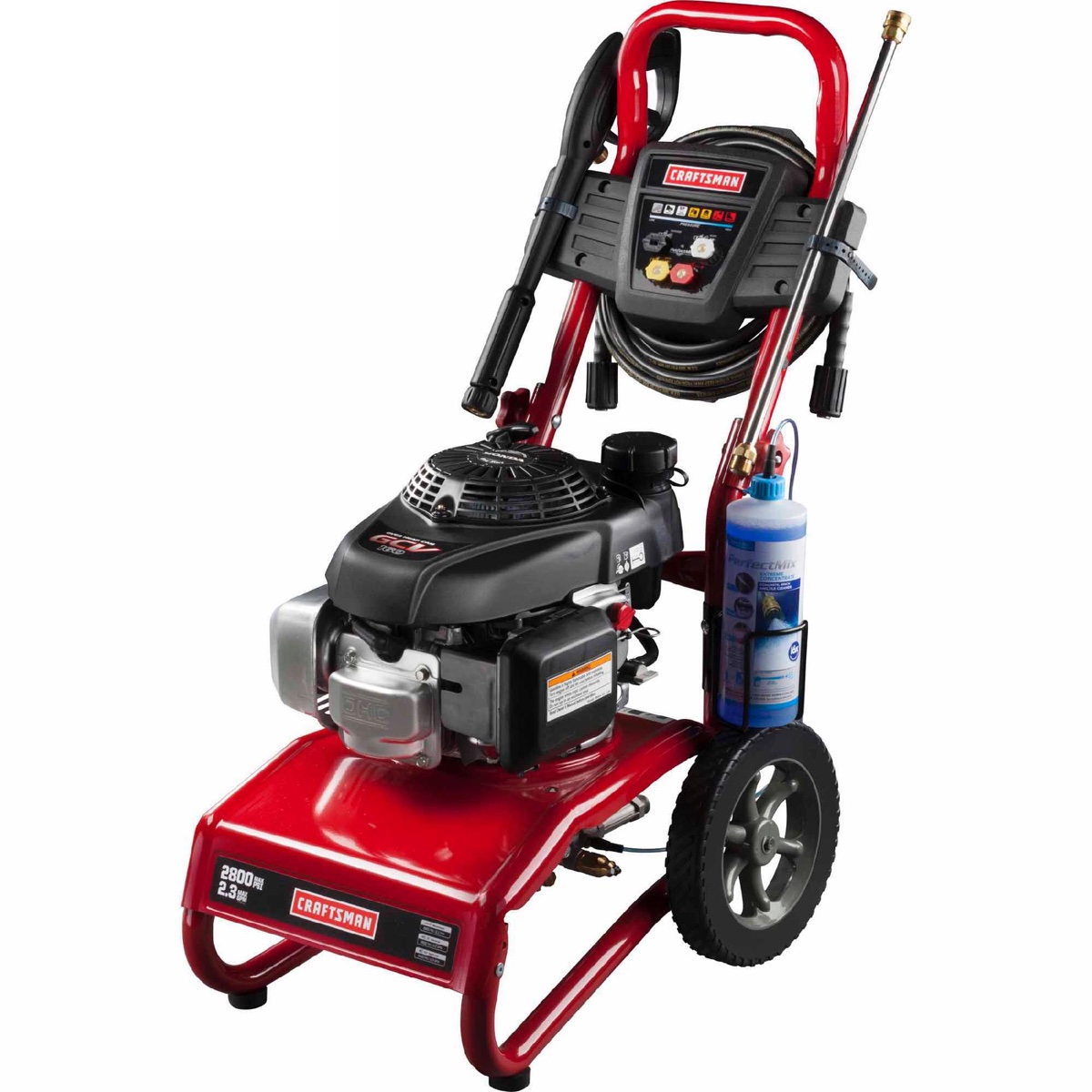
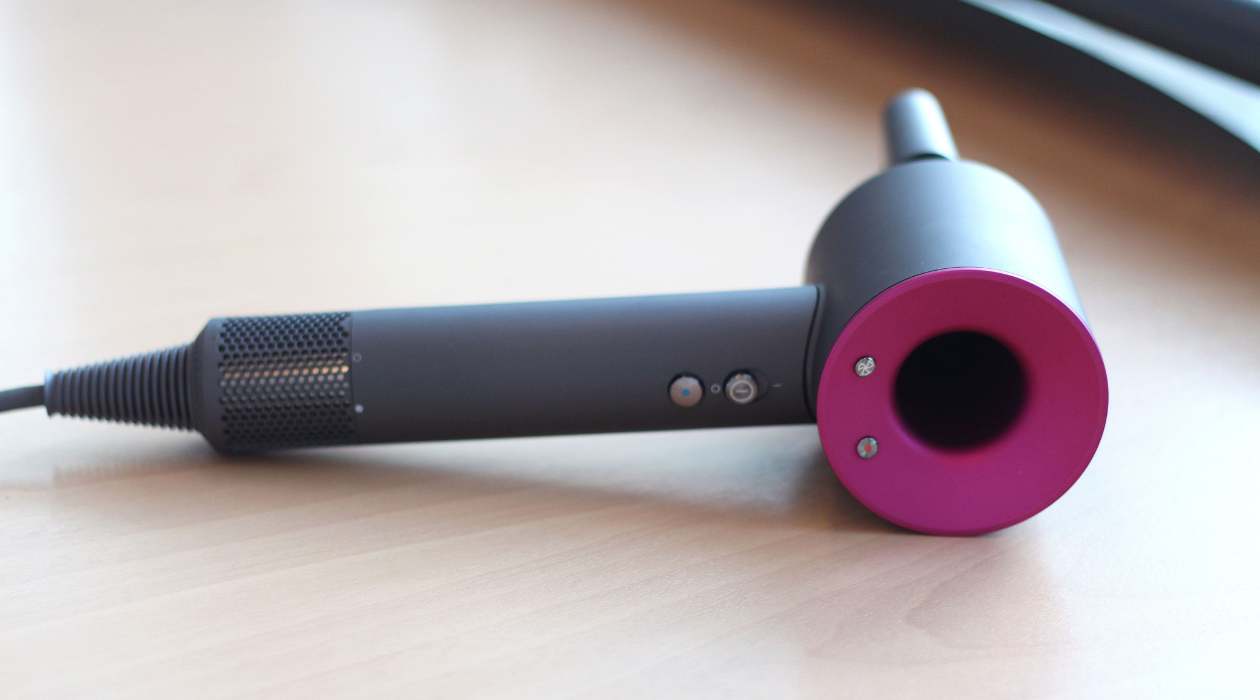
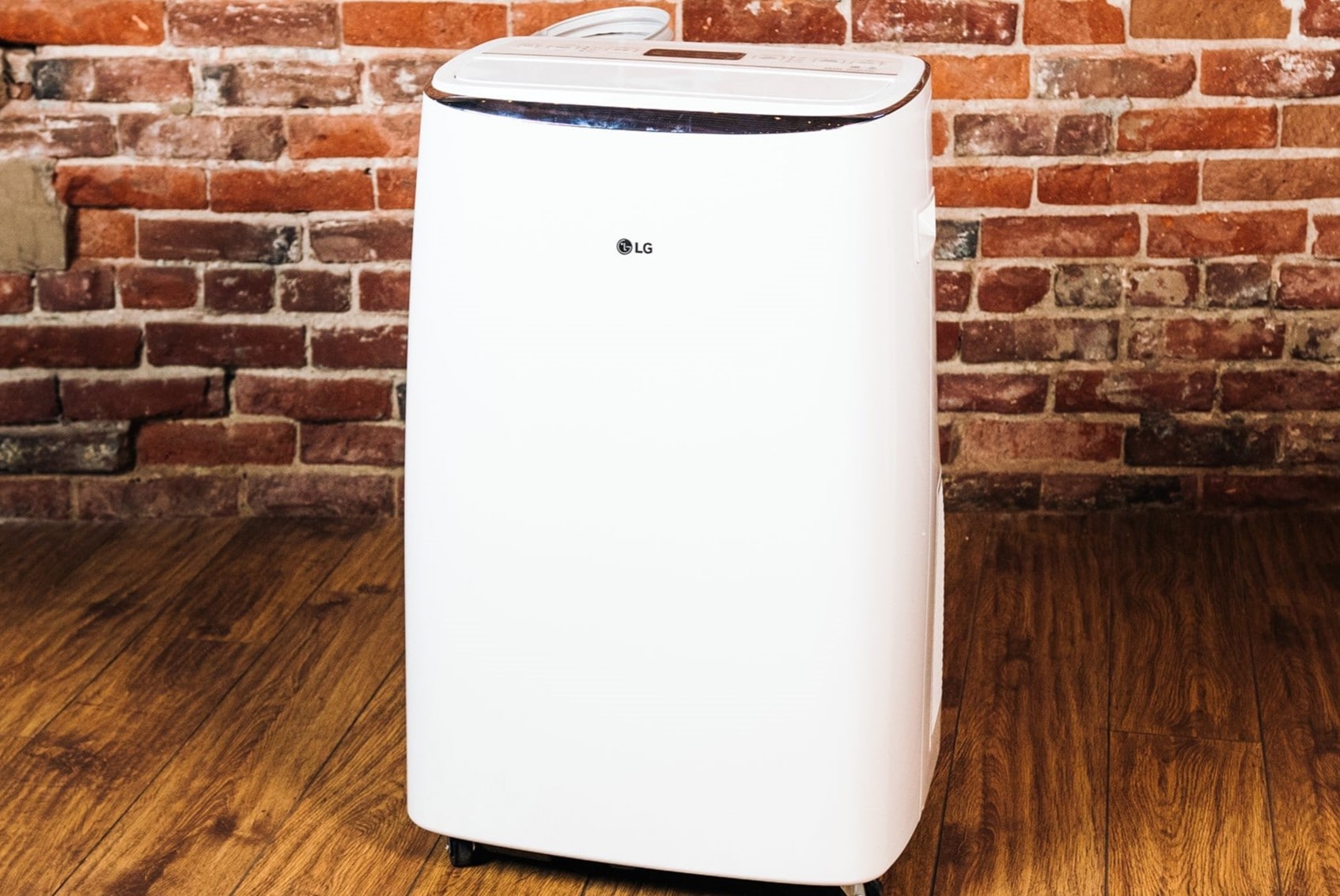
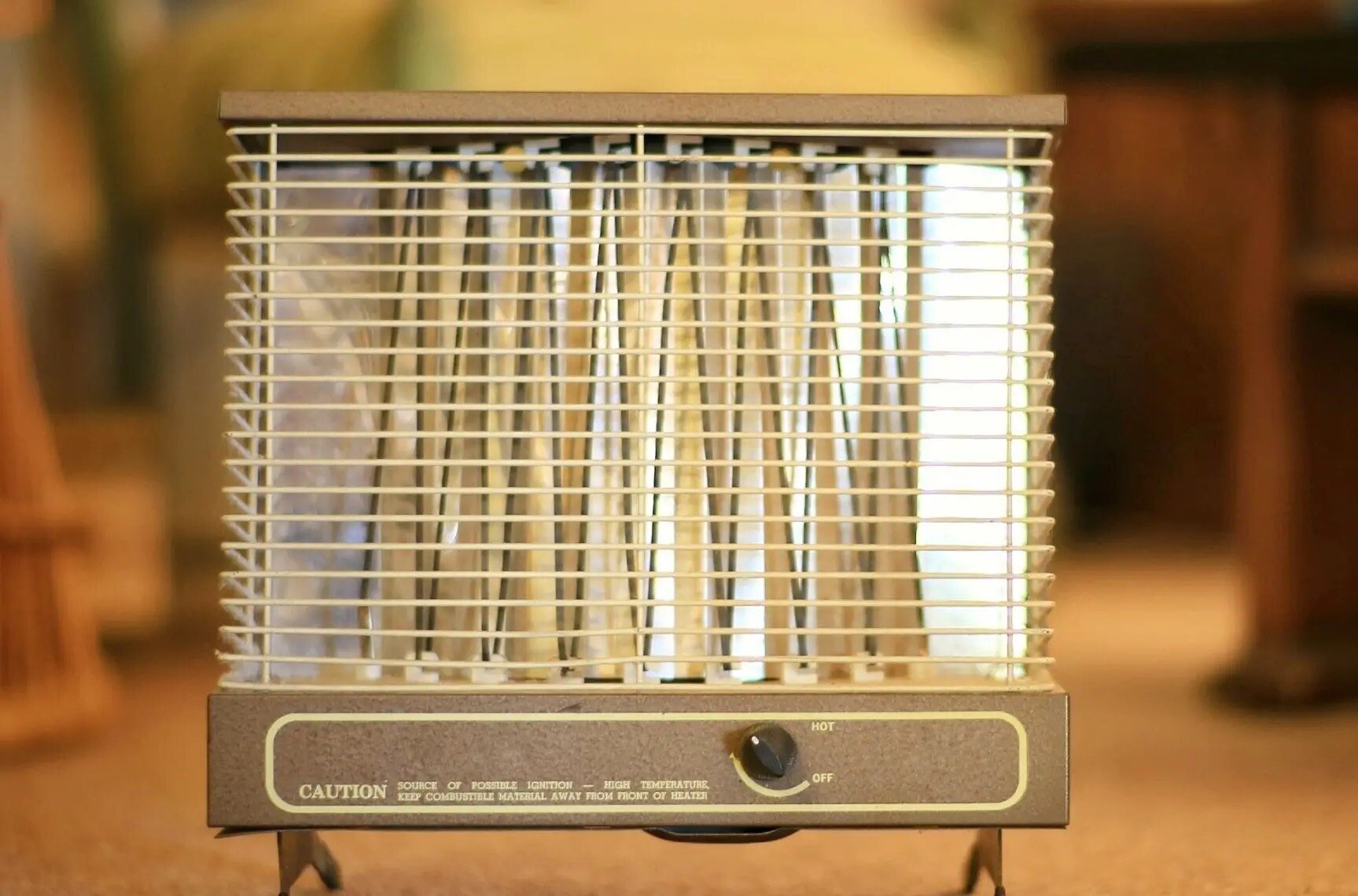
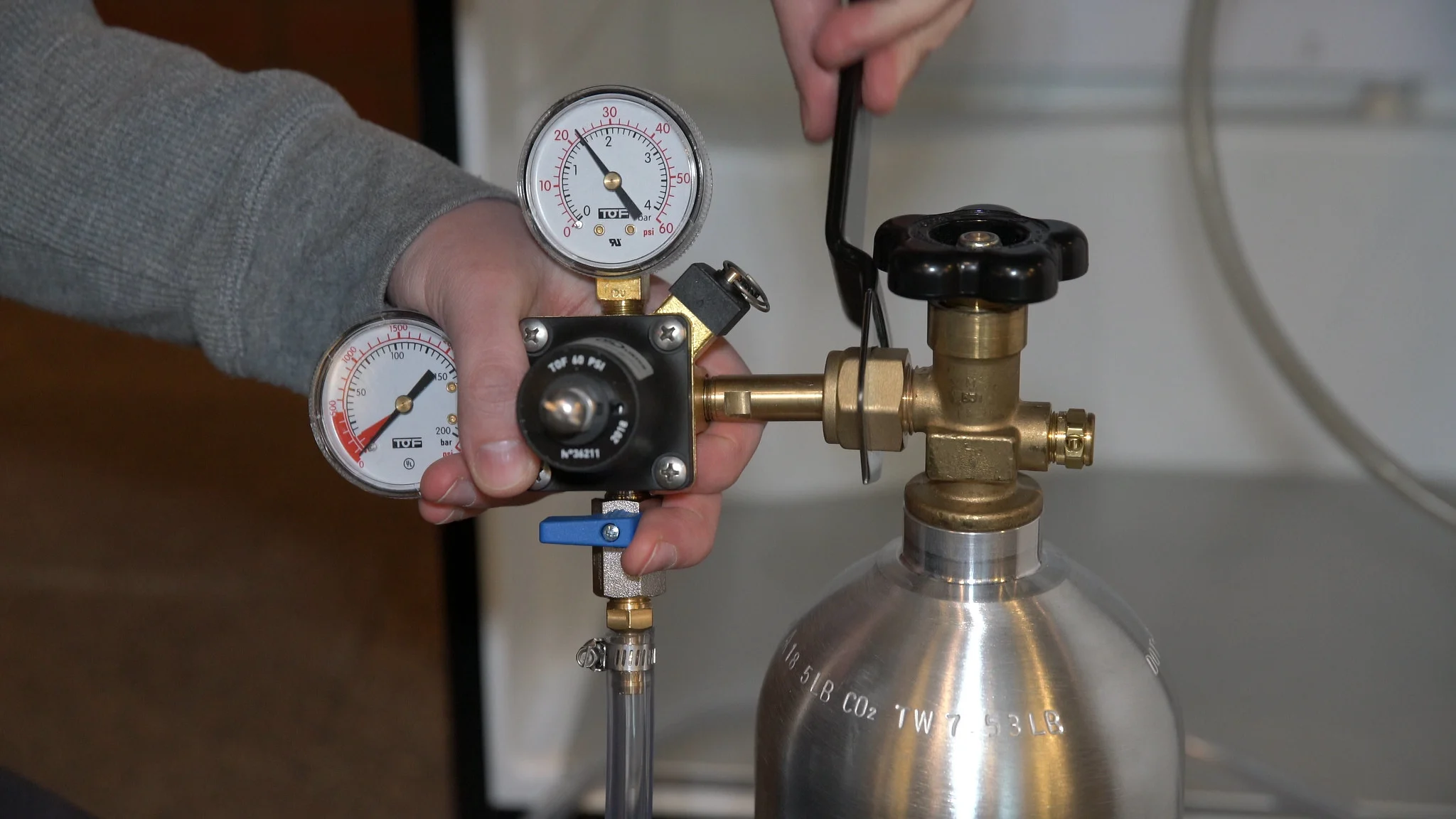

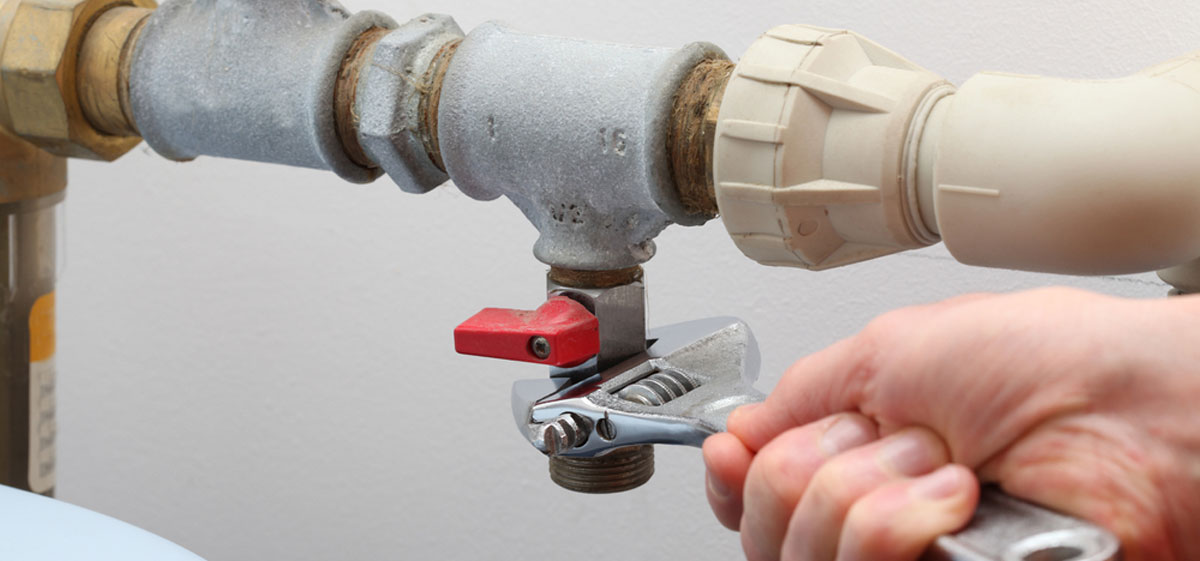
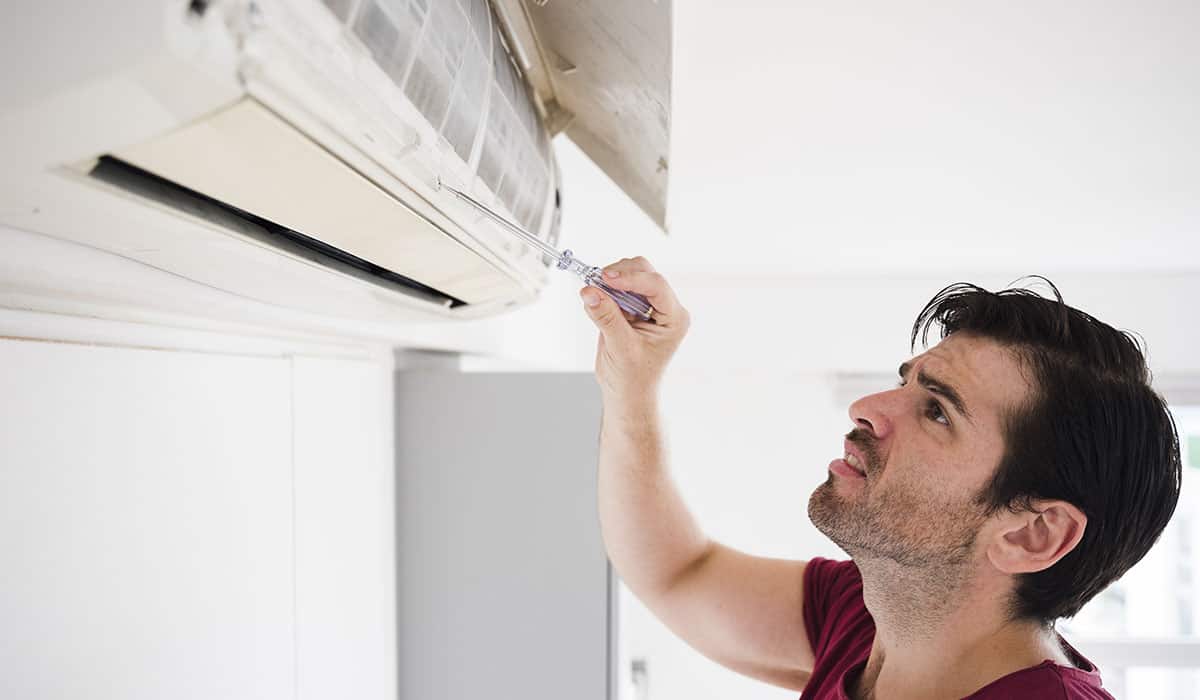
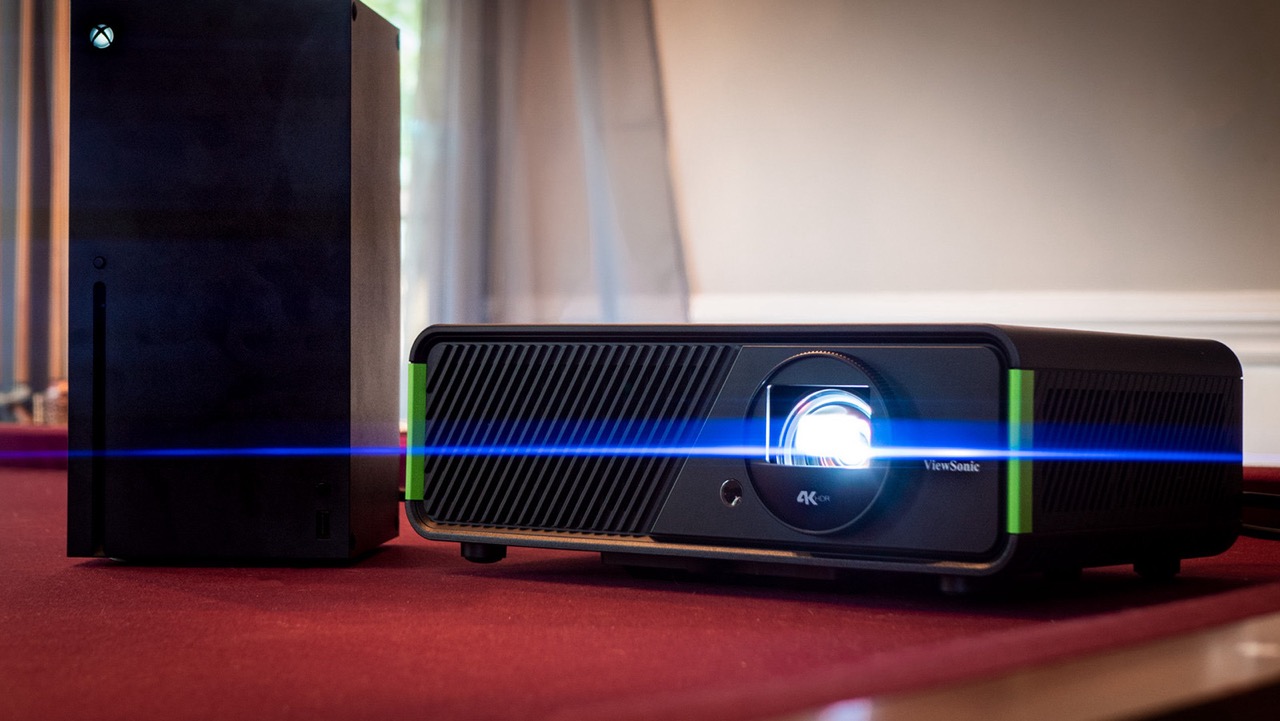
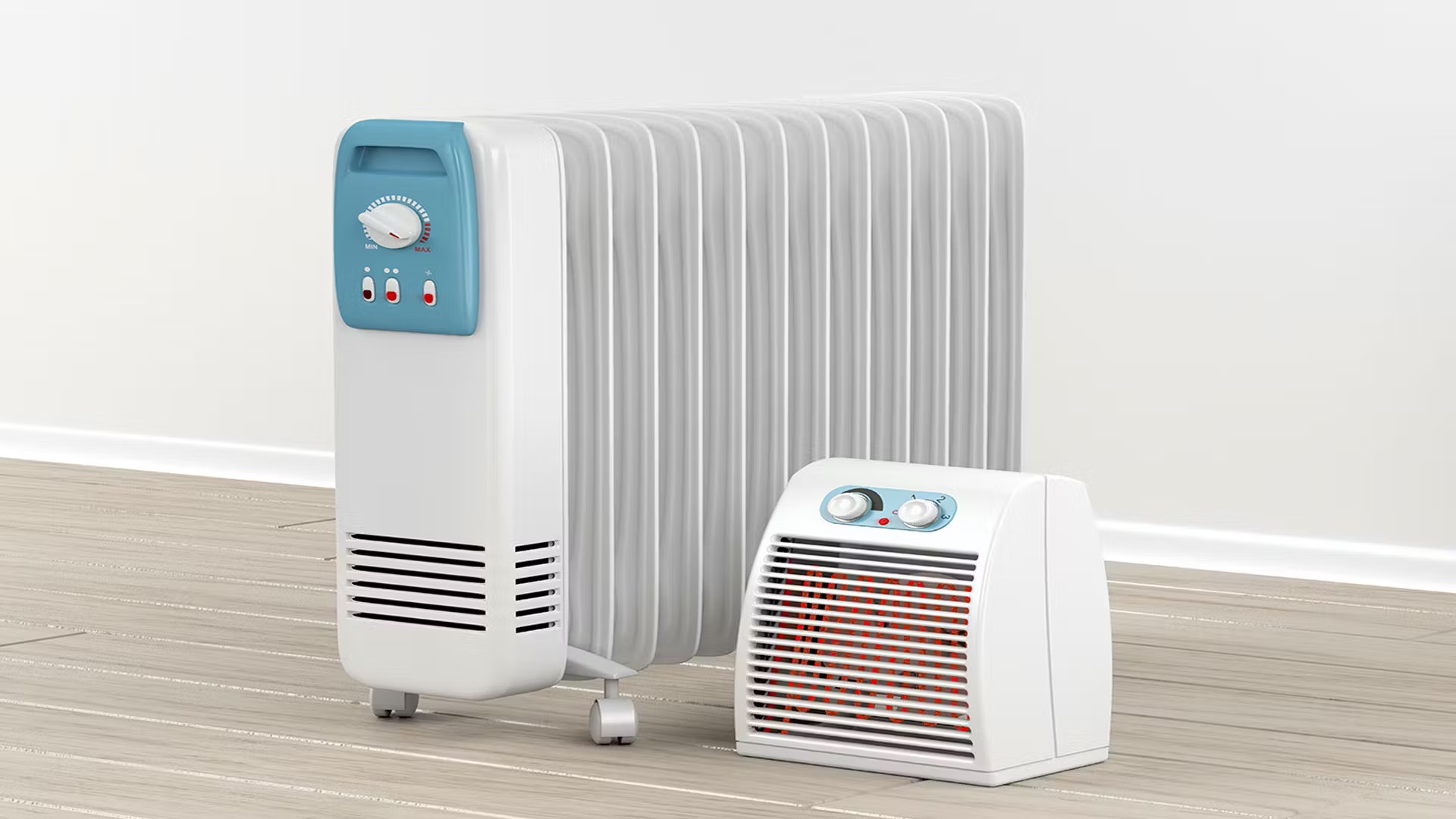

0 thoughts on “Why Does My Space Heater Keep Shutting Off?”